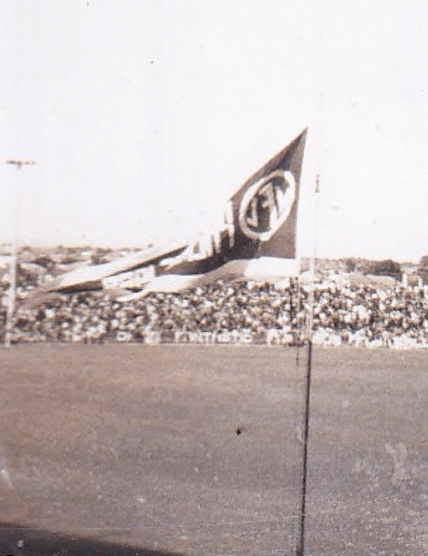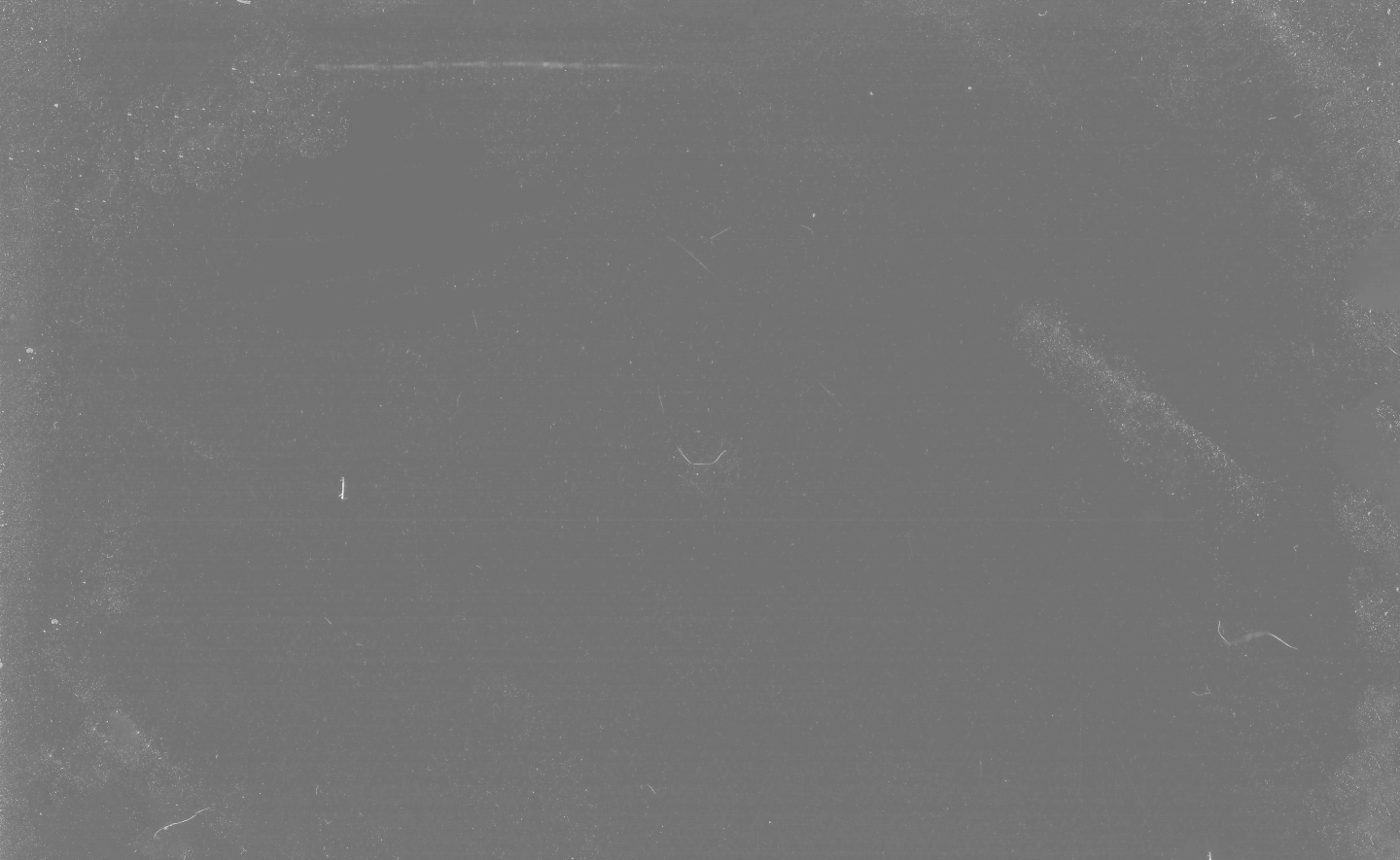On a sunny April day at Moorabbin in 1967, the long-awaited flag was proudly unveiled to the delight of the Saints faithful.
Wins in the first two games were a good start, but the path became rocky after that following stalwart ruckman Alan Morrow’s retirement, a pre-season injury to Brownlow medallist Ian Stewart and then the shock illness which sidelined Grand final star Ian Cooper.


























































